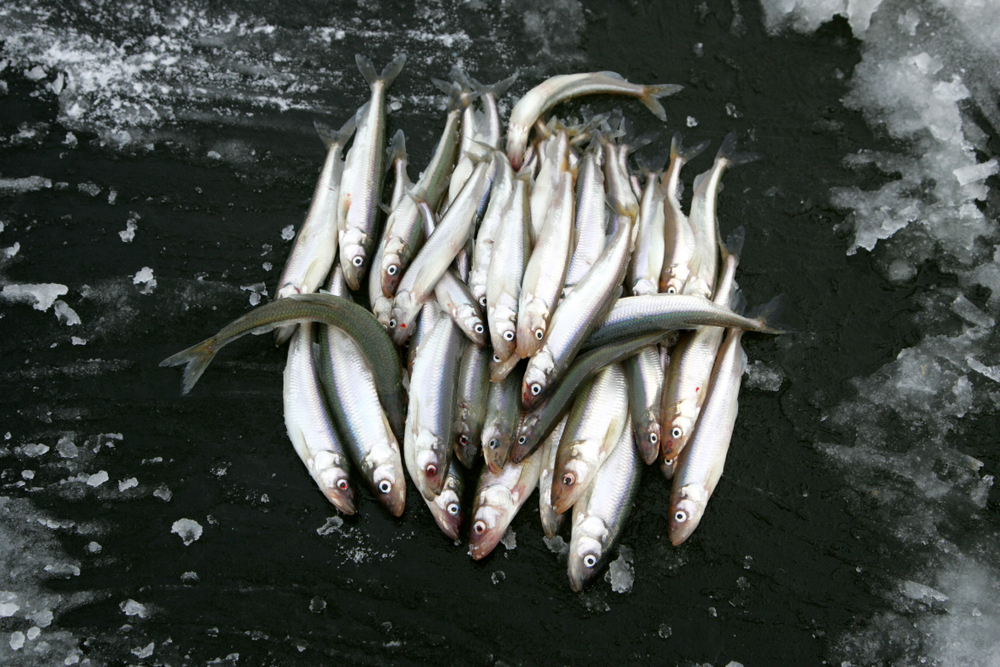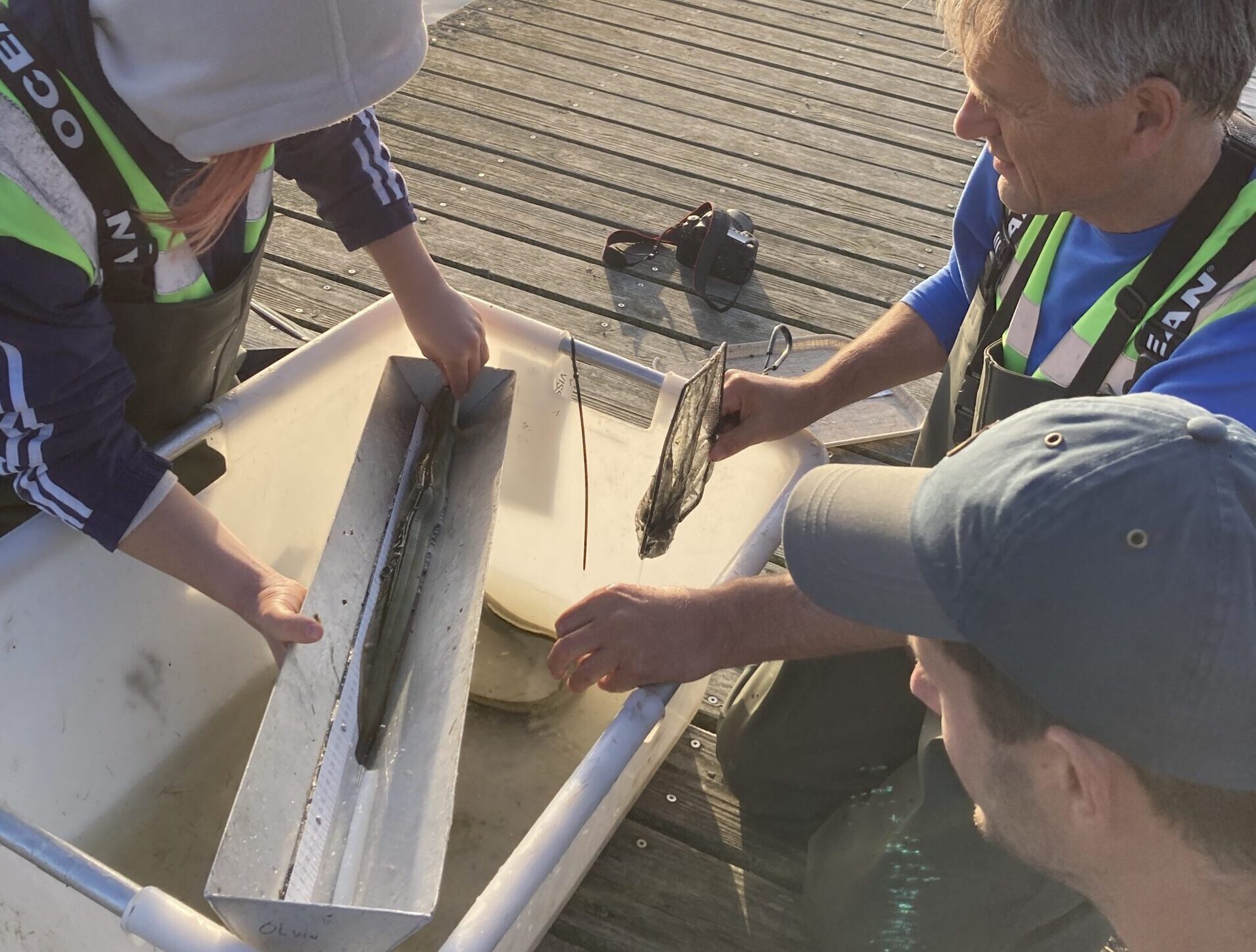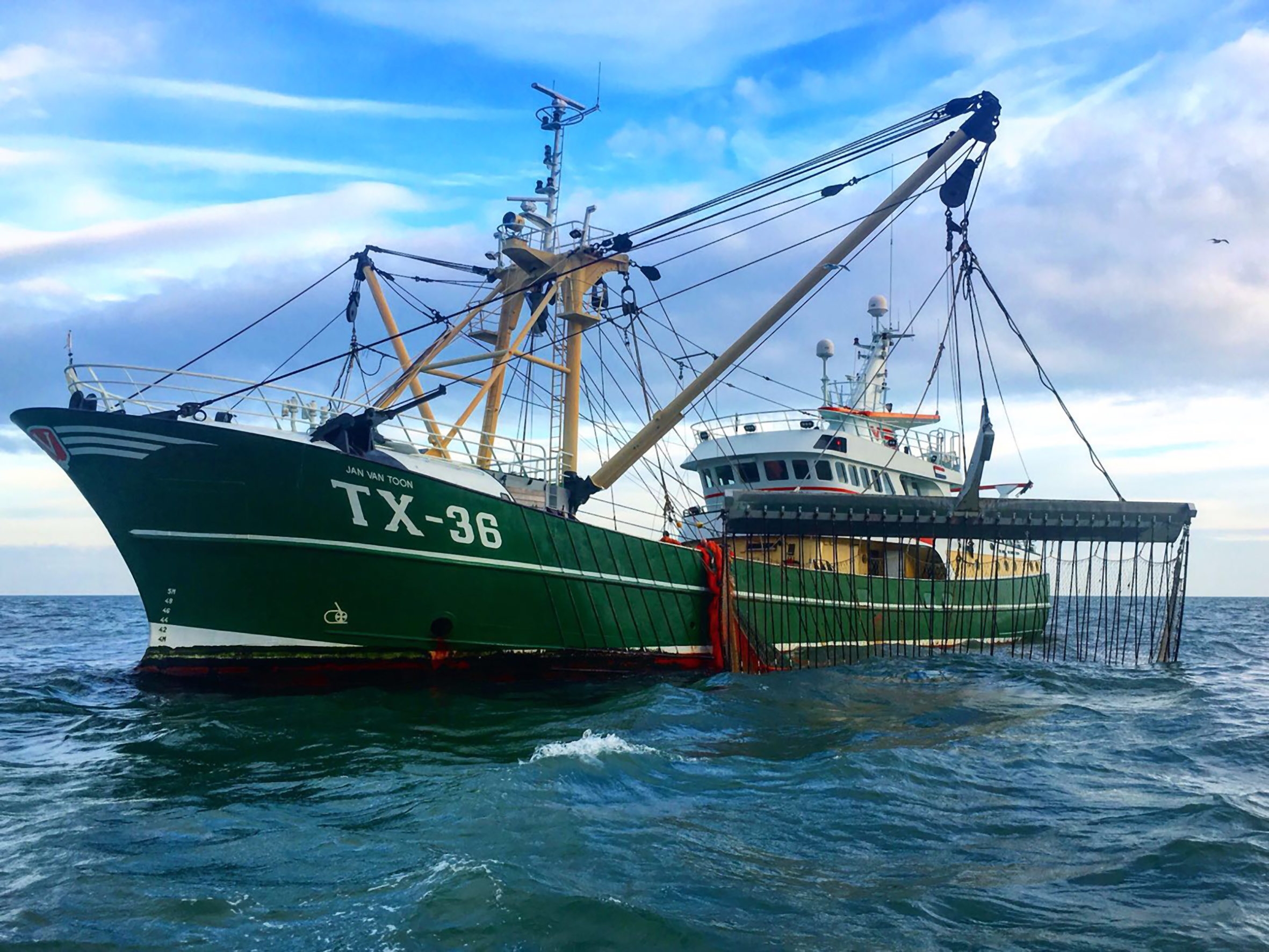After a lengthy prior history of legal issues, the court determined that the permits for melt fishing in the Wadden Sea were unjustly issued. Legally, there is too little certainty about the effects it may have on the food security of fish-eating birds and predatory fish.
Smelt fishing has been prohibited in the Ijsselmeer since 2013. It remained permitted in some areas of the Wadden Sea, but that, too, will now end as a result of this court ruling. The court ruled on a complaint filed by Vogelbescherming Nederland, the Dutch society for the protection of birds. This society claimed that the permits issued by the Ministry of Agriculture, Nature and Food Safety (Dutch LNV) contravene the precautionary principle within the nature laws. There is insufficient proof that smelt fishing does not negatively impact the availability of food for fish-eating birds such as the goosander, common tern and black tern.
Question marks
Wageningen Marine Research published a report for the Ministry of LNV dealing with the question of to what extent ecological risk analyses (ERA) can be used as a decision-making framework for smelt fisheries. One of the authors, Joep de Leeuw, affirms that the precise effects of the fisheries are surrounded by question marks. ‘We know a few things with great certainty about smelt. One of these is that it is a valuable food source for fish-eating birds and predatory fish such as the zander. But how the smelt population, and thus this food source, is affected by fisheries cannot be determined unequivocally.’
The researcher states that there are indications that smelt fishing results in a reduced food supply for predatory fish and birds, particularly in the spring when food is already in short supply. But to what degree is unclear, particularly during the rest of the year.
Population dynamics
This uncertainty relates to the fish’s life cycle, he explains. Smelt reproduces at record speed: the fish reaches sexual maturity within six months. Thus, if circumstances are favourable, the population can increase rapidly. Large drops in the population are also regularly seen. These extreme undulations in the smelt population may be attributed to different causes. ‘The impact of fisheries on a population with this level of dynamics is difficult to isolate from other causes. Moreover, it can barely be scientifically quantified’, says De Leeuw.
Symbolic impact
The Dutch smelt fisheries sector is not a large one. The permits that have been revoked affect four fishers. Still, this court decision is not without impact, says Marloes Kraan, who mapped all of the Dutch fisheries communities for Wageningen Economic Research. She concluded that the Dutch fisheries sector struggles with feelings of uncertainty over the future. This ruling will certainly not help in reducing these feelings. ‘The immediate impact of the court decision may be relatively small, but its symbolic and contextual impact is considerable,’ Kraan states.

 The court deems the permits issued by the Minister of Agriculture, Nature and Food Safety at odds with the precautionary principle laid down in nature laws. Photo Shutterstock
The court deems the permits issued by the Minister of Agriculture, Nature and Food Safety at odds with the precautionary principle laid down in nature laws. Photo Shutterstock 

